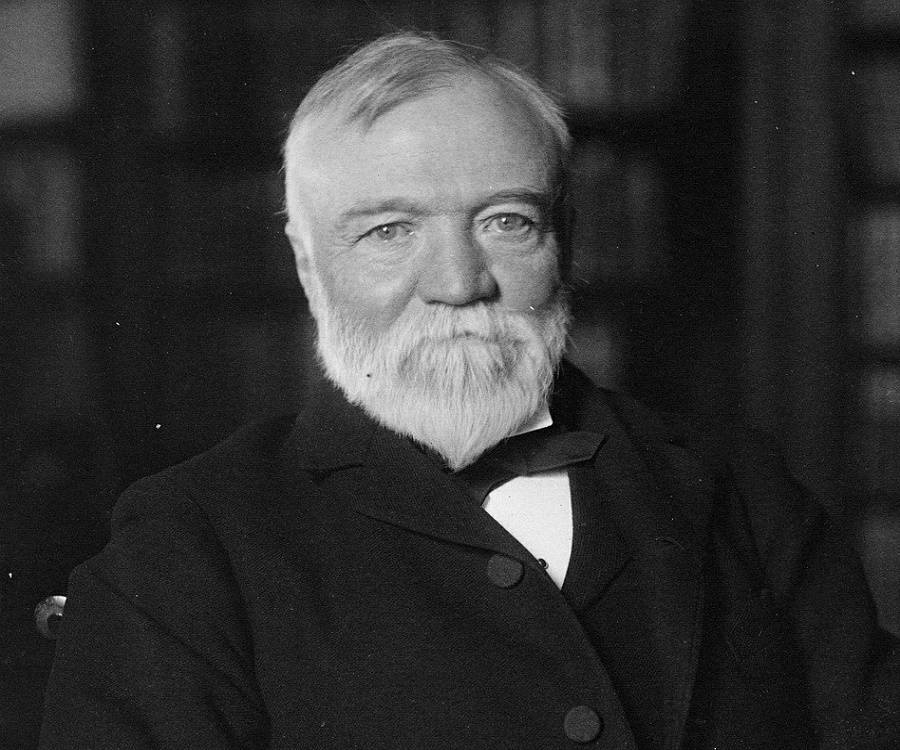Andrew Carnegie was one of the wealthiest men of his time. He had acquired his wealth in iron and steel, and wrote in his "Gospel of Wealth" the ideas he had it's distribution. Carnegie begins as he explains that living conditions had significantly altered over the past few centuries, bringing about a larger gap between the wealthy and poor. He believes that this drastic change is important and welcome, as it is better for few individuals to experience a life of wealth and riches than no one at all. His belief was that this was more favorable to society than "universal squalor". Carnegie stated three ways in which to dispose of wealth, which was kept among the rich. He said to give it to descendants, give it to the public or use during life by the owners of the wealth. Carnegie did however state his idea of the value in giving away money while still alive. The buildup of one individual's money until death results in the government distribute large taxes on the person in order for the public to receive their share.

